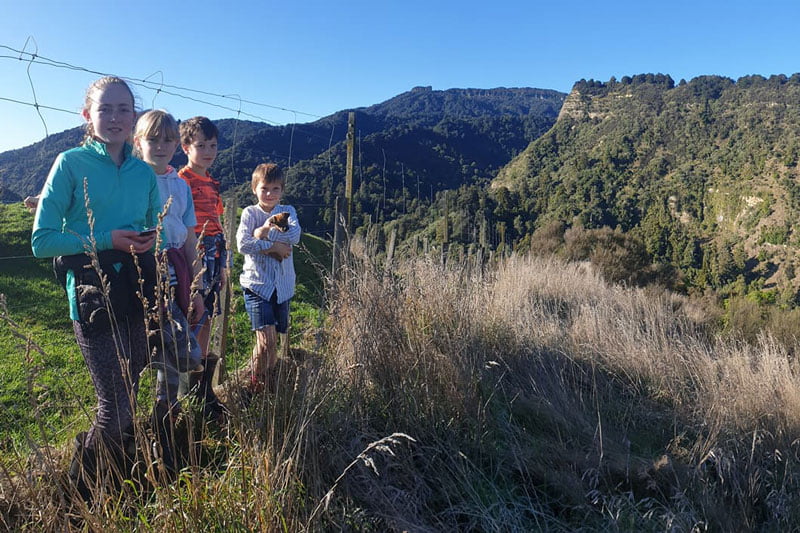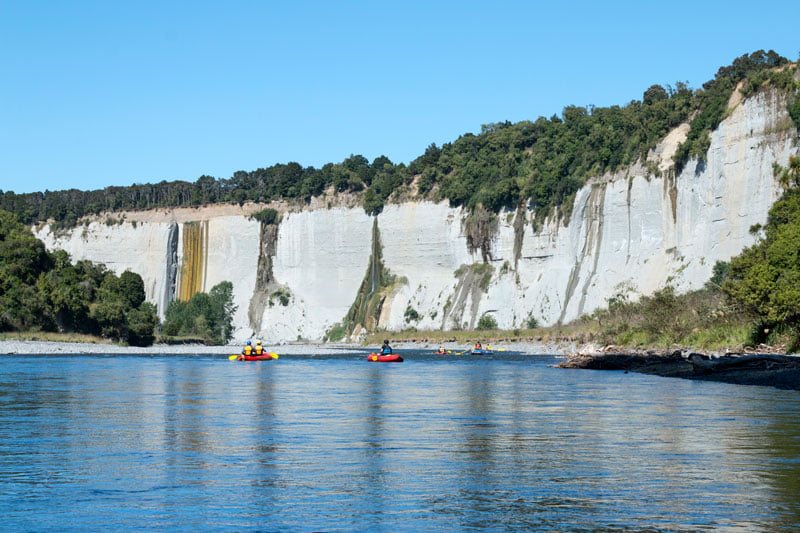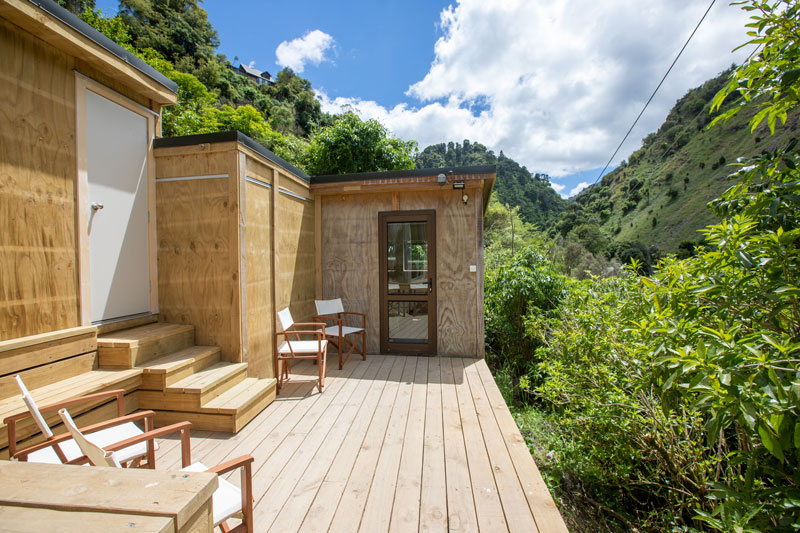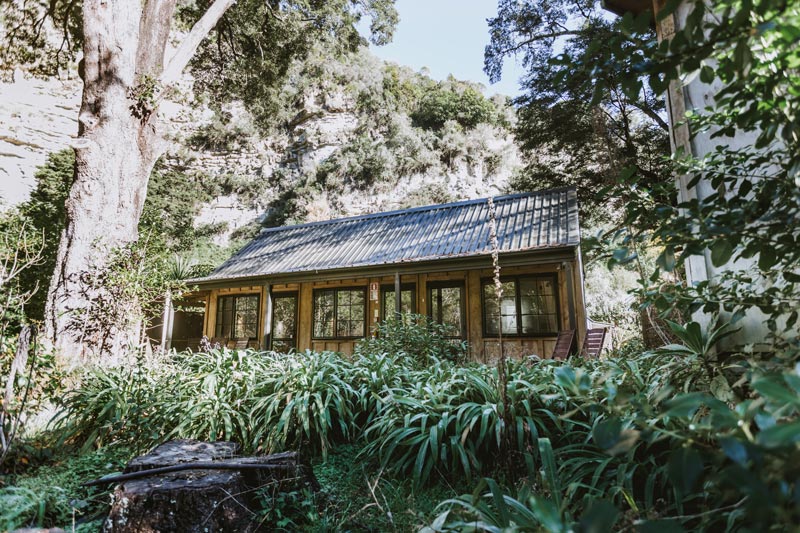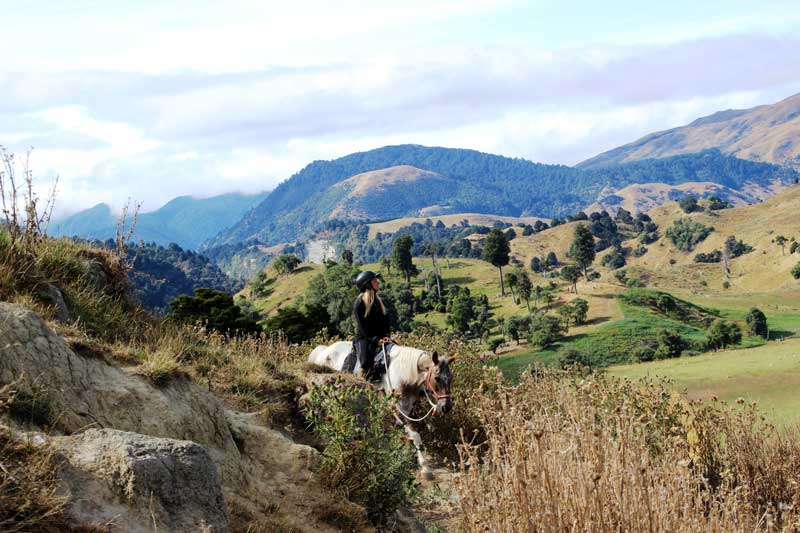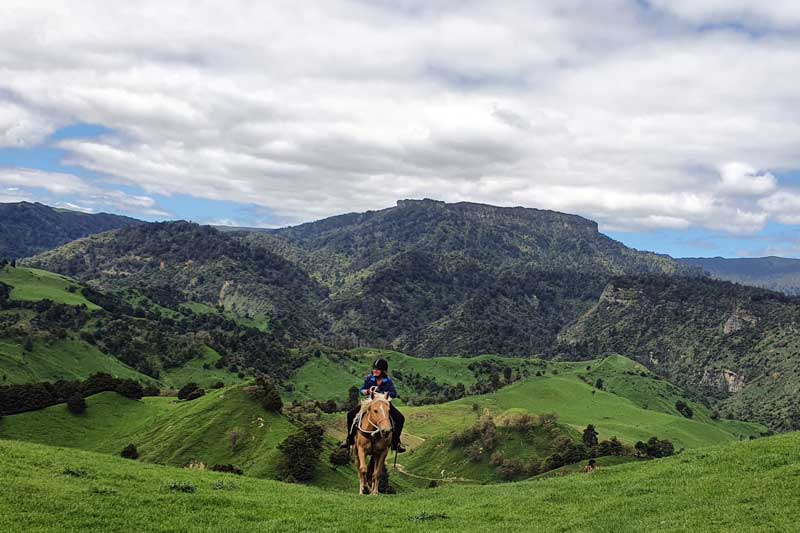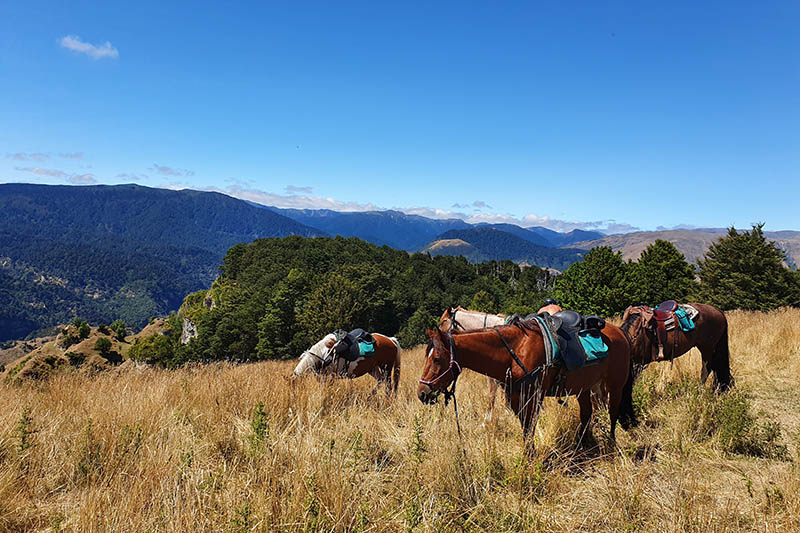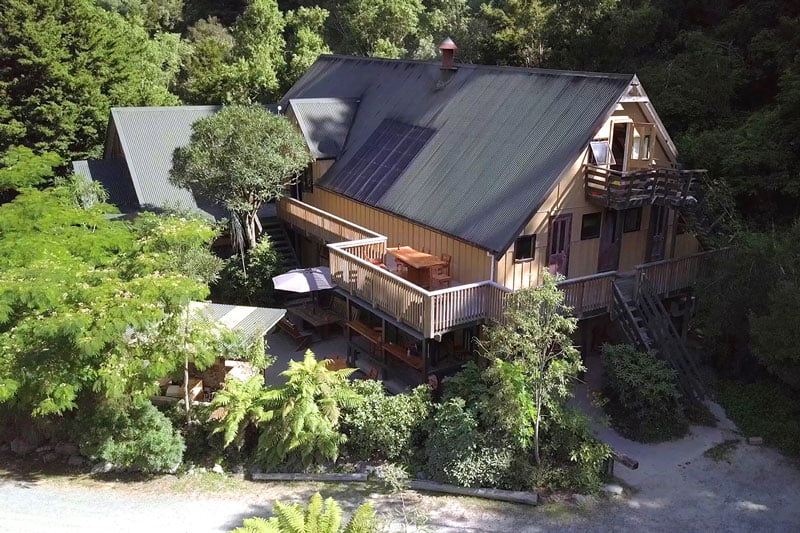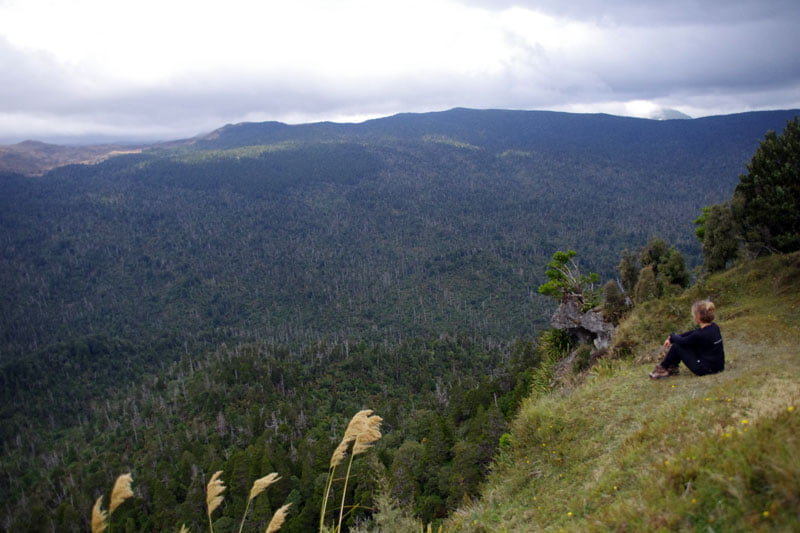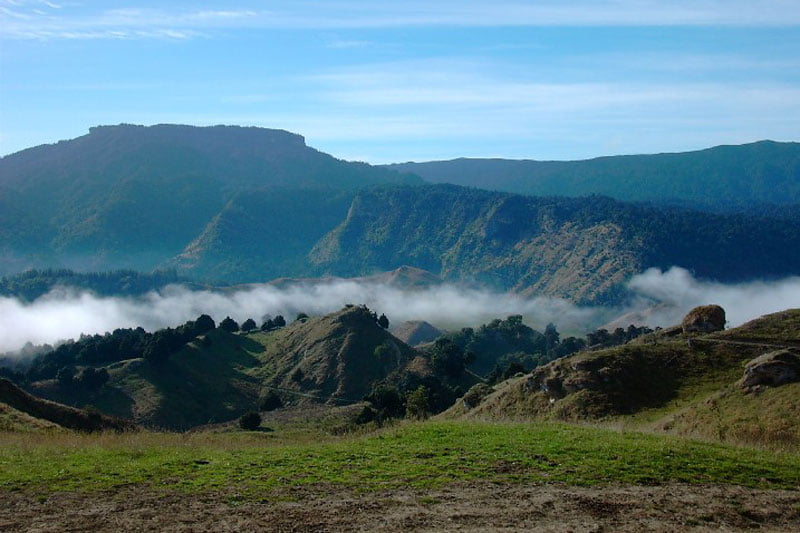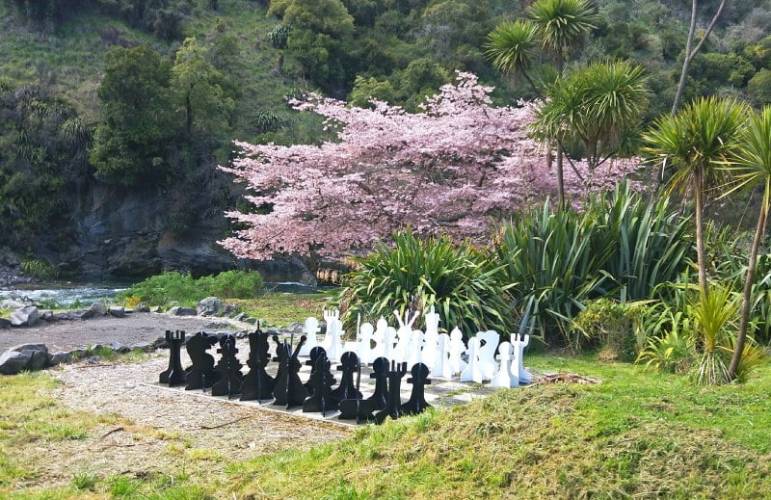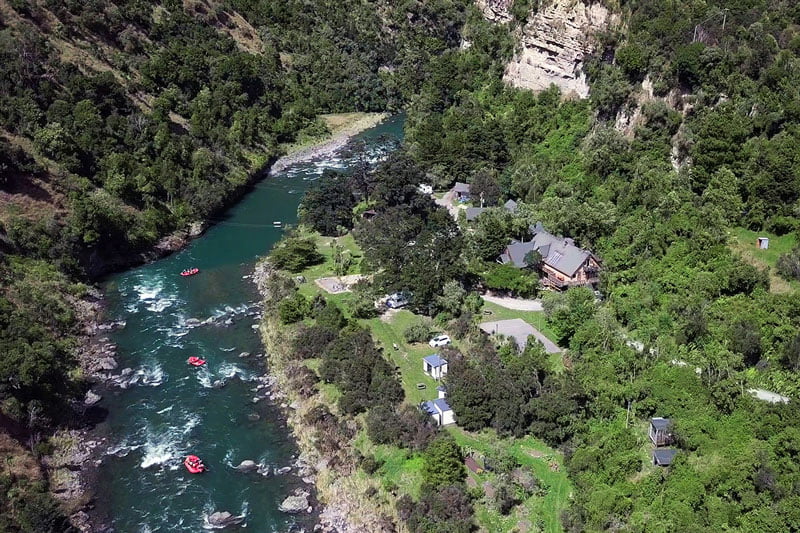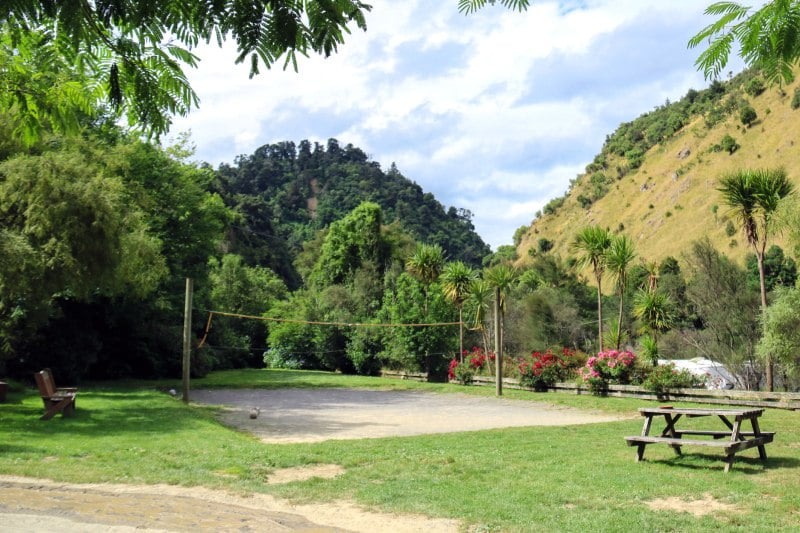Will Everything Return to Normal, Post Covid-19?
As I write this, New Zealand is entering its 4th day of a nationwide lockdown. This lockdown is part of the effort to control the spread of Covid-19, the Corona Virus. If unchecked, the virus can kill thousands of people in New Zealand, and millions worldwide.
While I would think most people are presently secretly enjoying the unexpected pleasure of being at home, at least for a few days, I imagine the realities of this unscheduled “holiday” will wear thin reasonably fast. One can only do so many jigsaw puzzles, watch so much Netflix, or indulge in so many house DIY projects before a desire to simply “get out of the house” will be almost overwhelming.
Just how different a place will the world be once we are allowed out of the house?
I think this is a huge question, and one not easily answered. The “talking heads”, whether they be on TV, radio or some online site have such widely differing views.
On the one extreme, we have those who believe the economic bounce back will be very strong, that world economies will ramp up activity very quickly, and within a few months, we will be at least back to where we were. They point to how fast China is reopening for business. They look to the build-up of unrealised demand that has often preceded economic recovery in previous times of economic crisis.
On the other extreme are those who think that what we are presently experiencing will change everything. They believe that what will come out of this major disruption are societies that care more for each other and the earth. On an environmental level, they point to the current drops in pollution levels and CO2 emissions since the crisis started. On a societal level, they look to how people are reaching out to each other, offering help, support and empathy, even though they must stay physically separate.
In the middle are those who think we are in for a deep economic recession.
I think human beings have short memories. Most of the world’s population, especially in the developed economies have not experienced significant disruption in their lifetimes. While we point to the GFC in 2008 as an “almost” depression, and no doubt there have been ongoing economic issues ever since, the reality is nothing much really changed. We, that is us, consumers, have kept buying throw away junk, we have kept piling up debt as we built McMansions, went on multiple house buying sprees, or annual overseas holidays. We have tolerated the increasing gap between those with, even in our society of plenty here in New Zealand, and those without. We have even gone further than that, blanket labelling people on benefits as being lazy, as being no-hopers.
There are very few people left alive, who were any older than children during the Great Depression or the war years following. Our collective real memory of having lived in, and experienced those times of great hardship, loss, disruption and uncertainty are virtually nil. We have deluded ourselves into thinking that the good times (at least for some) cannot end and will go on forever.
What do I think?
I think it is self-evident that we cannot sustain a civilisation of 7.5 billion now, with a projected 10 billion by 2050, with an economic model that is based on endless growth. We live in a finite world of resources. We are already taxing our oceans, our rivers, our wildlife, our land more than they can sustain. We see the results of this in dramatic drops in fish stocks, in waterways degraded from urban and agricultural runoff, by the loss of biodiversity, and by the ballooning mass of extinctions. And this is not even mentioning the impact that climate change will have.
I am convinced that our present economic model is busted, and that conviction challenges the belief system that our society is based upon. In a nutshell, the belief system that underpins so much, the belief (not openly spoken), that greed is good. That for me to get ahead means that you have to be left behind. The view that more for me means less for you (and it is your fault anyway, because you are lazy, worthless, or fill in the disparaging blank).
I think we will come out of this latest round of disruptions and will have learned little. We will still be on this train to nowhere. However, I also think that the disruptions caused by Covid-19 are just the beginning. I think there will be more disruptions as our present system unravels. Can we find the will to replace it with something better?
I hope so.
Brian Megaw





















